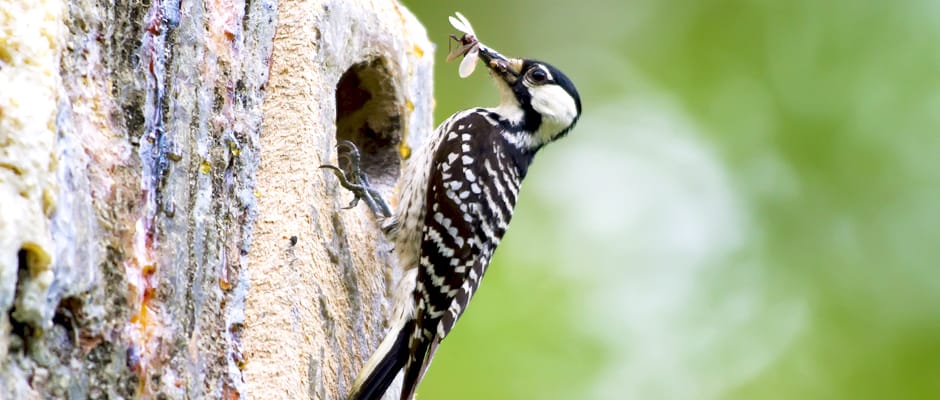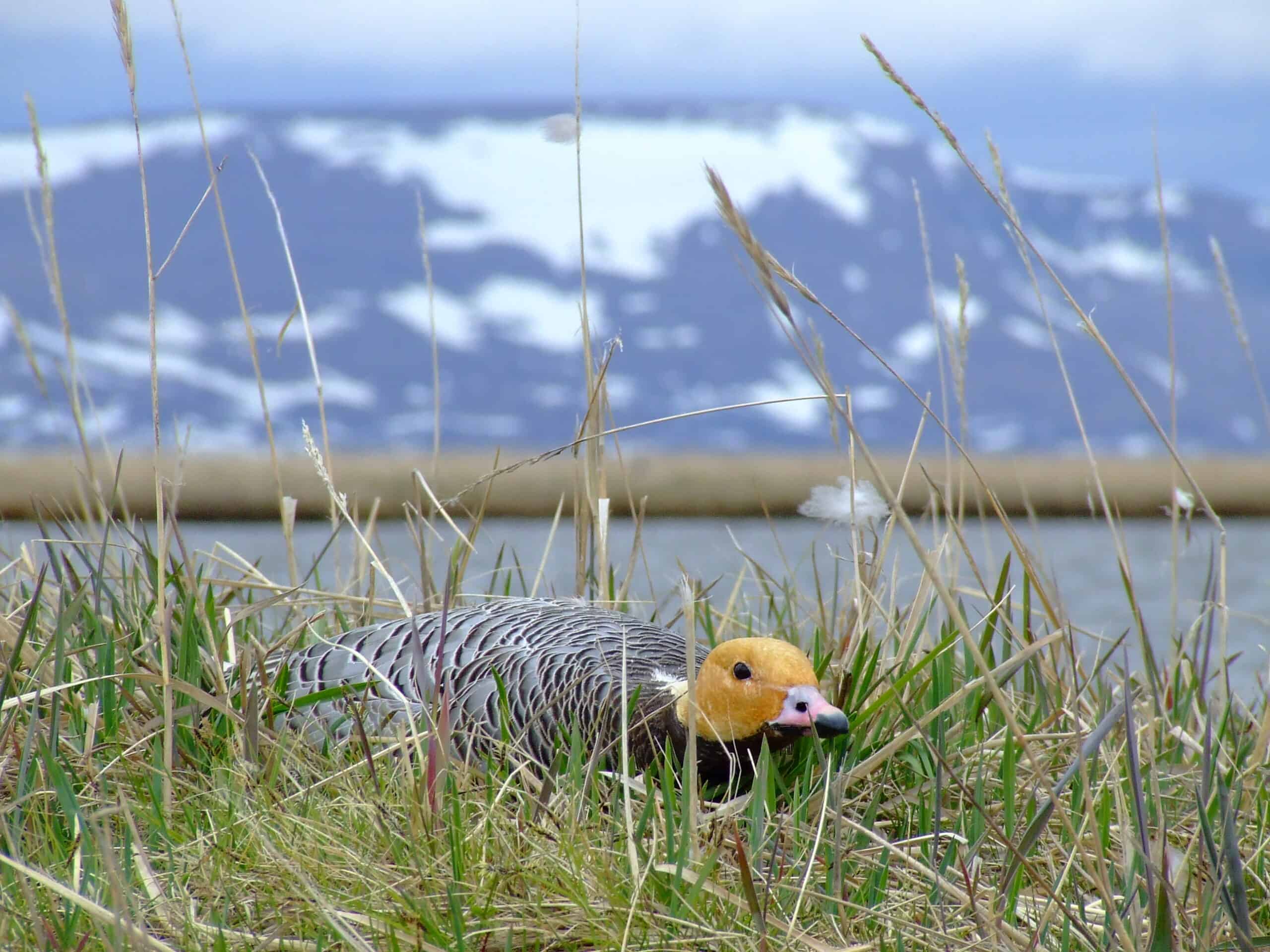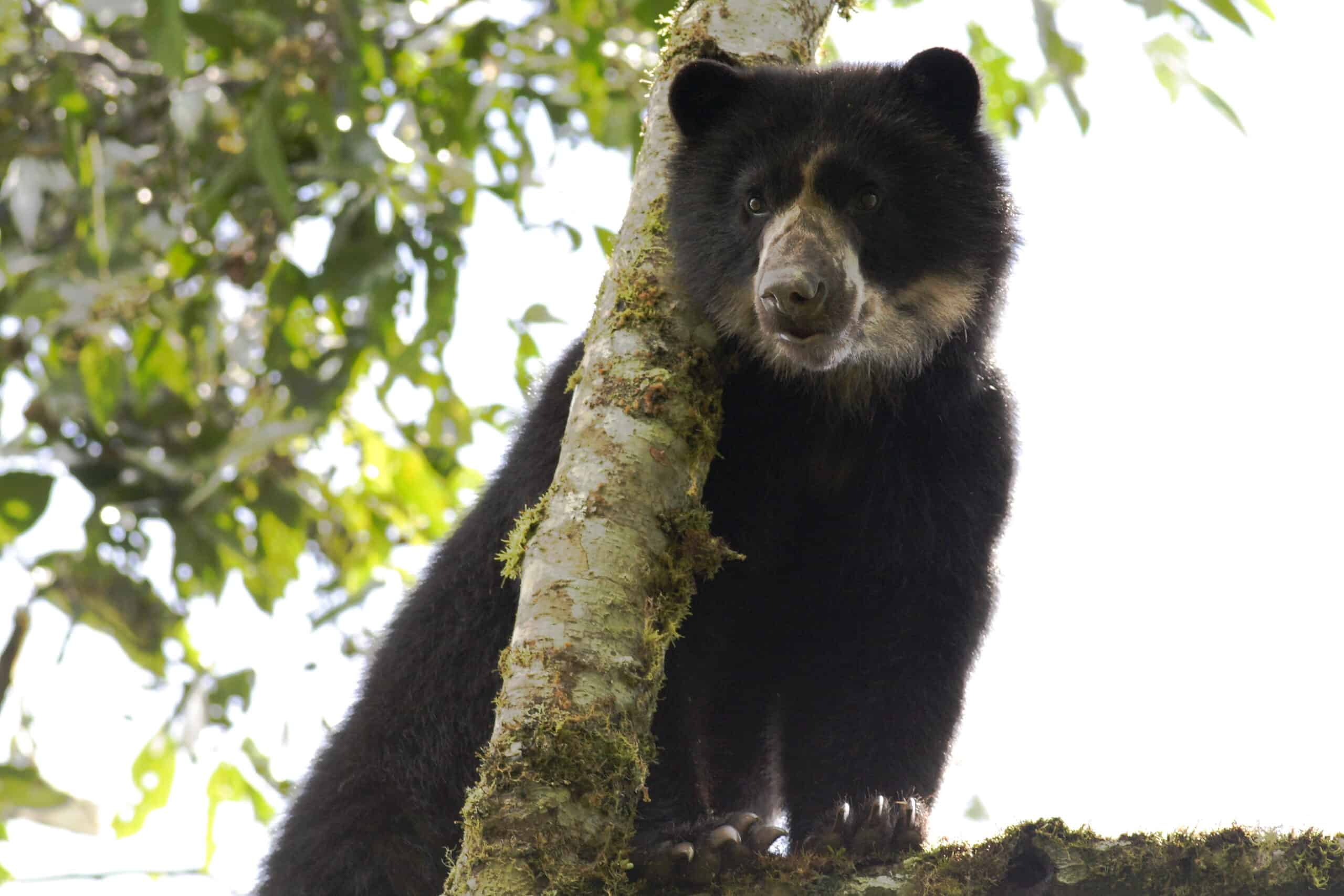Share this article
Views of future wildlife conservationists
Children are the future of wildlife conservation — a view that recently led researchers to examine how third and fifth grade students in North Carolina would prioritize the protection of different species.
“As wildlife professionals, we know we have limited resources available for how to allocate species conservation,” said Kristin Frew, lead author of a new study published in the journal Oryx. One potential way to address the issue is to prioritize conservation of wildlife species based on attributes such as ecological role or population numbers. As part of the study, Frew, a wildlife education specialist for the North Carolina Wildlife Resources Commission and member of The Wildlife Society, turned to the future — young students — “… to see what they want to do and what they want to be saved.”
The third and fifth-graders were asked to choose which attributes of wildlife were most important to consider when conserving species. They ranked the importance of conserving animals that are declining, animals that are important in nature, endemic species to North Carolina, species people like to watch and species that people like to eat.
Frew and her colleagues found the students prioritized endangered and threatened species above the other categories. A past study revealed that adults preferred to prioritize endemic species; however the students ranked endemic species as fourth most important out of five. “Conservationists tend to put endangered species ahead of others,” Frew said. “It’s interesting that kids do that same exact thing.”
It is possible that the students are learning about endangered or threatened species in the classroom putting it at the forefront of their minds or seeing more threatened or endangered wildlife on television, according to Frew.
Either way, since children can influence their parents’ ideas about wildlife conservation, according to Frew, it’s even more important to educate students about wildlife. “These kids will be making decisions for us in the future,” she said. “We want to make sure they’re set up in a good position to do that.”
Header Image: A red-cockaded woodpecker (Picoides borealis), an endangered species in North Carolina, feeds on a bug. ©USFWS








